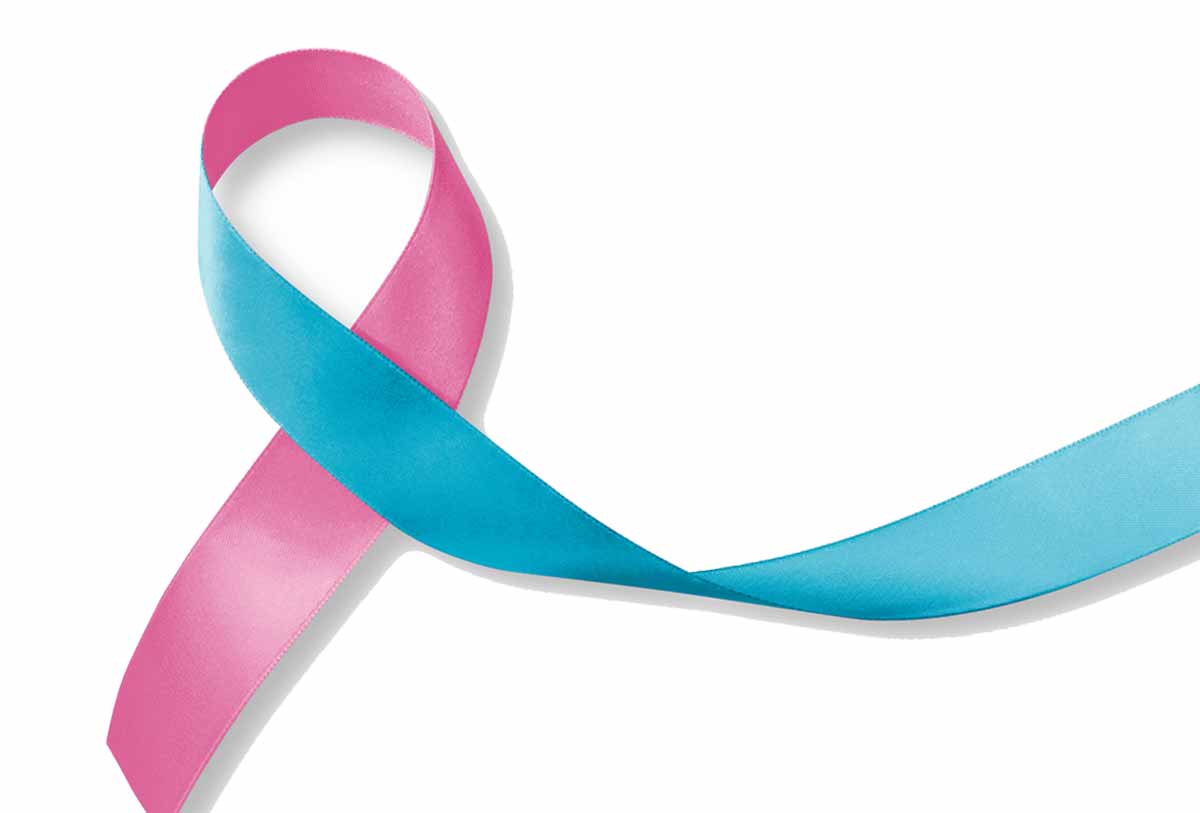
13 Oct Time to Talk About It: Pregnancy and Infant Loss Awareness
Perhaps one of the most powerful aspects of being a leader is changing the narrative and breaking the taboo on having tough conversations. Having these conversations is imperative to raising awareness, and offering support. For far too long, people have suffered in silence. It’s time to change that. It’s time to talk about it.
Infertility, miscarriages, and stillborns are far from easy to talk about, but the unfortunate truth is one in four pregnancies ends in loss. Like many others out there, I thought nothing of miscarriages and infant loss… until I was forced to face the reality nearly three years ago.
Since then, not only have I increased my own knowledge and awareness, but it dawned on me how rarely people speak up about this struggle. With October being Pregnancy and Infant Loss Awareness Month, I wanted to share my story and experience dealing with what is a heartbreaking reality for so many others.
Unfortunately, I can understand the silence. It’s not easy to face the pain and sorrow. But the feeling of isolation? That was one of the worst parts. However, the truth is women and couples grappling with pregnancy and infant loss are not alone. It has taken me a long time to gather the courage and strength to speak out, but I hope my story can help raise awareness and remind the other grieving mamas out there that you are not alone.
My Story.
I have experienced six miscarriages. The first was at five and a half weeks and the second at eight weeks, which required surgical procedures to remove empty gestational sacs. They were some of the worst days of my life.
It wasn’t until after the second miscarriage and consulting with a Reproductive Endocrinologist that I was diagnosed with Diminished Ovarian Reserve (DOR), which meant the numbers and quality of my eggs were lower than the average woman my age. The worst part? Despite having a medical diagnosis, I was faced with the harsh reality that my insurance had zero coverage for fertility treatments.
Multiple medicated fertility treatments, two IVF cycles, thousands of dollars later, I was left without any success. Instead, I was left feeling a mix of failure and heartbreak, unlike anything I’d experienced before.
The Pain of Waiting.
I made the decision to wait to have children. Once I was ready, I was forced to wait yet again. This time, the choice was anything but mine. My infertility made me feel rushed and impatient. My life-plan was suddenly behind schedule.
I waited for medical appointments. Waited for tests. Waited for treatments. Waited for more treatments. Waited for pregnancy. Waited for a chance of good news. And with every passing year, I knew those chances were getting smaller and smaller.
The Pain of Isolation.
Ironically, like many others, infertility made me feel isolated. Suddenly beautiful and innocent babies were reminders of what could have been and might never be. “I must be the only one enduring this seemingly invisible curse,” I told myself. I knew that wasn’t true, but it sure felt like it.
Babies were everywhere. Suddenly, I was aware of them in every TV show, every commercial, every movie. Every day there seemed to be another Facebook post announcing a pregnancy or showcasing a baby shower– it was getting to be too much. It was all I noticed, taunting me for the possibility that I may never get to experience that joy and love. I couldn’t help but think, “Why me?”
The Pain of Anger and Hopelessness.
I was so angry at myself for what I could not do. For the life I could not create. I was angry at my body. I was angry at my significant other. I was angry at my medical caregivers whom I wanted so desperately to solve my frustrations. I was angry with the expenses that were piling up– infertility treatment is extremely expensive. I was angry at everyone else, at times for not understanding and other times for thinking they ever could.
My anger faded into feelings of hopelessness. My infertility struggles were robbing me of my energy and placing strain on my relationship. The uncertainty of the future made both short and long-term plans seem pointless and impossible to make. How could I pick a wedding date when we may or may not be expecting? At that point, the money we envisioned going toward our dream wedding had gone toward IVF treatments… and with no success. Picking the “right” sized house seemed illogical without knowing if we would ever be able to put those extra bedrooms to use. I didn’t know how to plan for the future anymore.
Bearing the Financial Burden.
It wasn’t just my hope for the future that began to feel depleted. The emotional struggles were matched by financial burdens. If I wasn’t lying awake wondering if I’d ever be able to overcome infertility, I was wondering how we were going to continue to pay for a chance that seemed to be falling further and further out of reach.
It’s easy to forget that infertility is a medical problem and should be treated as one. However, insurance doesn’t treat it like a medical condition, adding more stress to an already stressful situation. In addition to being a medical problem, infertility quickly manifests into a financial problem too.
People always talk about putting money aside for a car, a house, or a wedding. People have vacation funds and emergency savings. Infertility treatments never seem to make the list. Truthfully, you don’t expect to have to pay for something that most attain so easily.
Getting to the Other Side.
The more I struggled with my infertility, the less control I felt I had. The struggle has no timetable and, unfortunately, the treatments have no guarantees. The truth is the guilt and grief felt unbearable at times.
And then one miraculous day, I made it through. To this day, I look down at my son in awe of the miracle he represents. He was the light at the end of the tunnel.
Learning from my Infertility.
Understanding infertility is difficult; there are times when I still struggle to wrap my head around it… even after going through it myself. This struggle has provoked intense and unfamiliar feelings in me. Life is teaching me that I am not always in control and no matter how much time I’ve spent mapping out my life, things don’t always go as planned.
There’s so much we don’t have control over in life, but we always have the choice to listen. To learn. The best thing you can do is be informed. While it might seem easier or safer to look the other way, keeping the conversation in the dark can be damaging. Talking about struggles like infertility and pregnancy help those who suffer feel less alone. These conversations help break down the barriers of isolation, foster awareness, and inspire empathy.
If you are not someone who is suffering or has suffered in the past, I suspect you know someone who is. Maybe they’ve confided in you, maybe not. The bottom line is pregnancy loss is far more common than most people know, so choose your words with care. Avoid telling people that “it will all work out if you just relax and stop stressing about it.” Before asking a couple, “So, when are the babies coming?” consider the fact that they might be struggling to conceive. Before you put your two cents in, remember, we rarely see the whole picture.
Being conscious of what we say doesn’t have to mean avoiding the conversation. By feeding into the fears of taboo, we silence the strugglers. We can’t be afraid to acknowledge the realities we face. Instead, we must work to support each other as we cope with the unfair realities of life.



